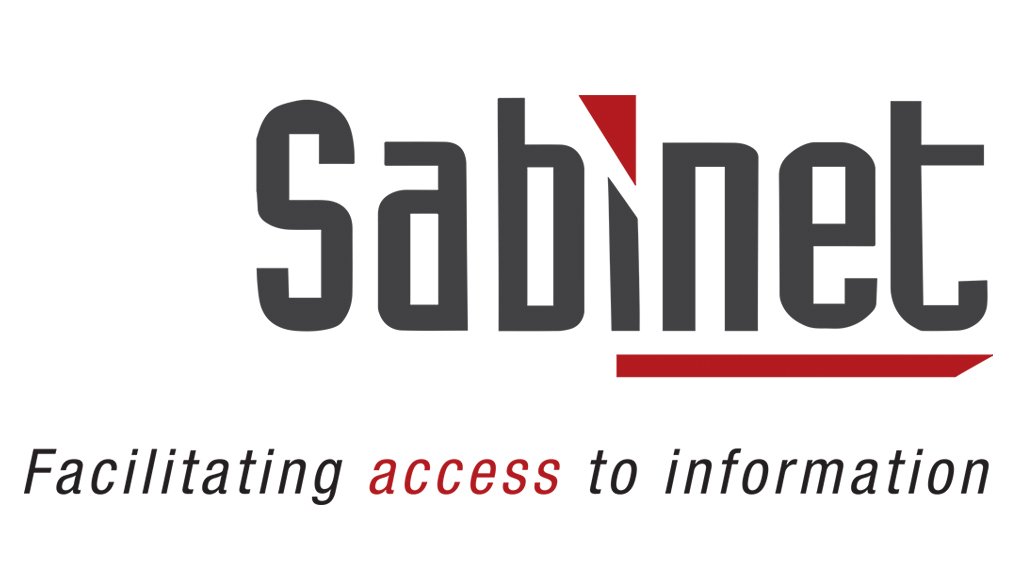Grey literature refers to all forms of written material produced outside of traditional publishing channels. These include government reports, working papers, conference proceedings, and research papers. While this type of literature is vital for scholarly and policy-making purposes, it often goes unnoticed and unappreciated. As Toby Green1 describes, “the essential and defining characteristic of grey literature: … it is hard to find, capture and use”.
One of the reasons why grey literature is crucial is that it contains essential records that should be preserved in scholarly records but aren't. It is often produced by non-academic organisations, such as think tanks, NGOs, and government bodies, who may not prioritise the preservation of their publications, in the same way that academic publishers do. Without proper preservation measures, this valuable information can quickly become lost and inaccessible to future generations.
Unlike their academic counterparts, researchers in government, industry, and NGOs/NPOs don't have to publish in books and journals to further their careers. They are free to work with their employers to self-publish their research as reports, papers, and other digital formats. As a result, the field of policy alone sees around 400,000 newly published items of grey literature each year.
According to Green1, 55% more grey literature was released in 2020 than 2010, with 287,545 items and 184,514 respectively. This figure highlights the growing importance of grey literature and the need for a reliable system to collect and preserve this type of material. Essentially, grey literature is an invaluable source of information for researchers, policymakers and the public at large but the lack of metadata and preservation protocols make it challenging to access and preserve this type of literature.
The value of grey literature is not only in the content but also in the format. Green1 suggests: “Grey literature is ‘wild.’ It lacks the metadata of ‘tame’ formally published works, making it hard to find and catalogue. Furthermore, it's open, at risk of link rot and lacks preservation protocols.”
Coherent Digital’s Policy Commons, offered by Sabinet is a promising solution that indexes grey literature from around the world, making it accessible to researchers and policymakers, and already has over 3.5 million items available. With the continued growth of grey literature, it’s essential to establish systems like Policy Commons to collect, preserve, and make this vital information accessible to future generations.
Green, T. Grey Literature is Booming. It’s Time to Turn it into an Asset. Against the Grain, 34(6): 18–20.
EMAIL THIS ARTICLE SAVE THIS ARTICLE ARTICLE ENQUIRY
To subscribe email subscriptions@creamermedia.co.za or click here
To advertise email advertising@creamermedia.co.za or click here











